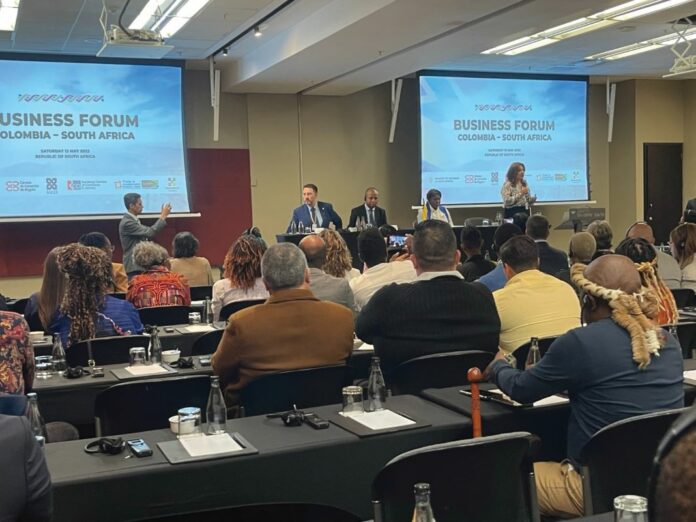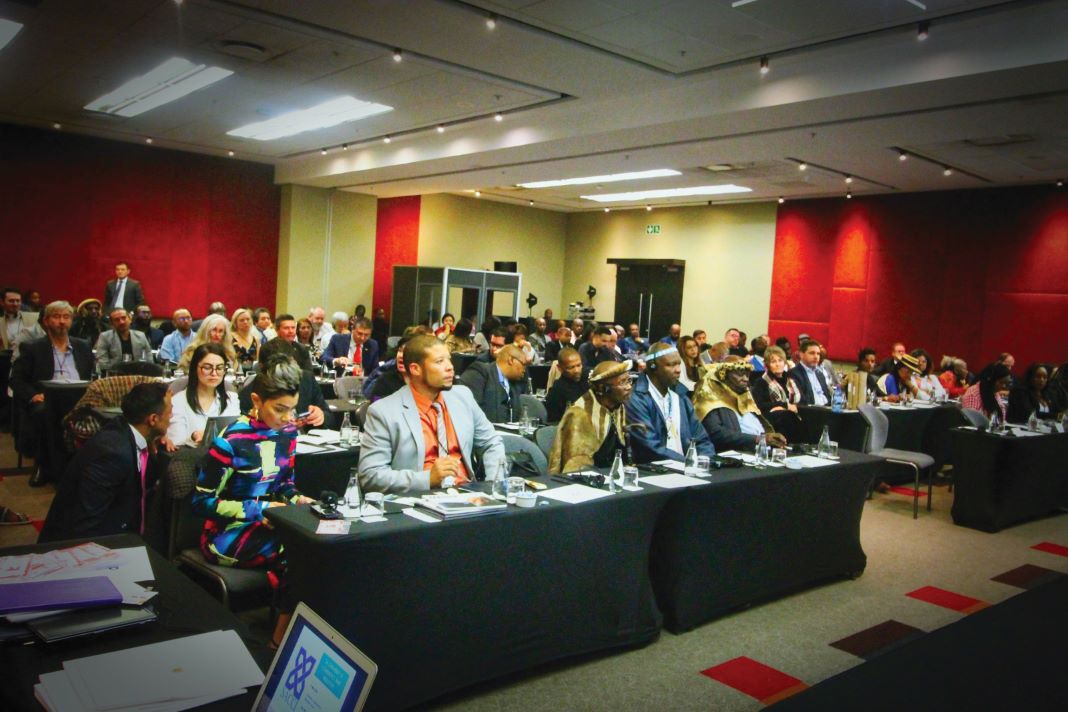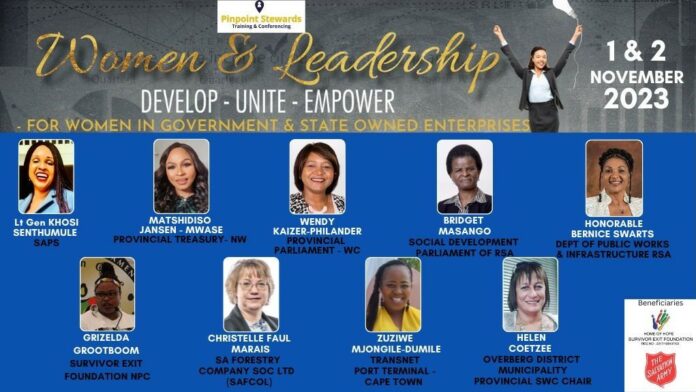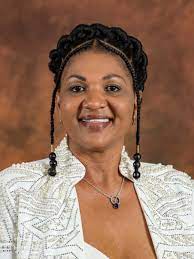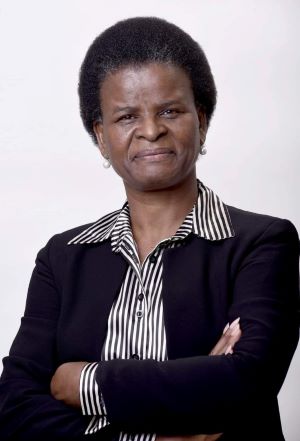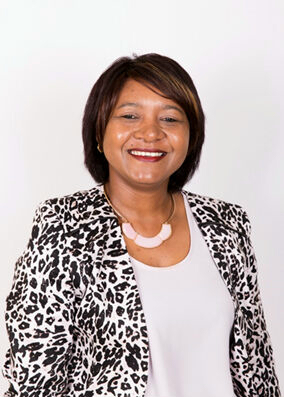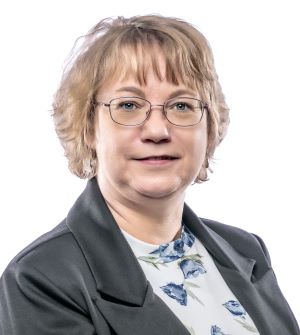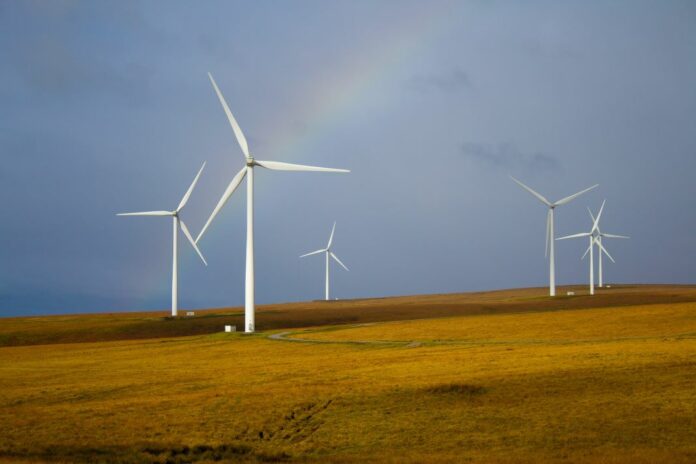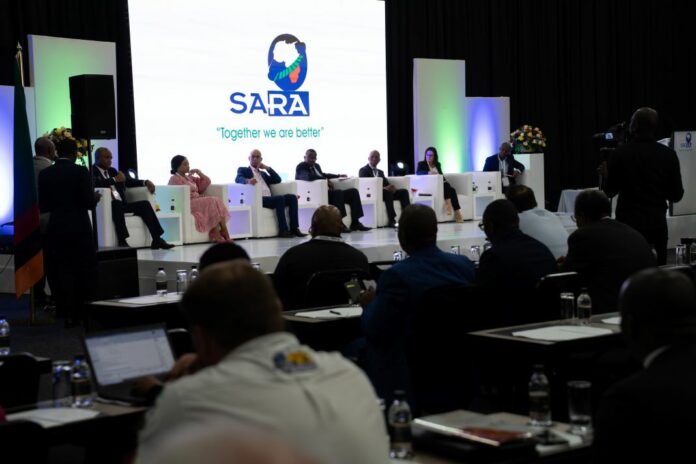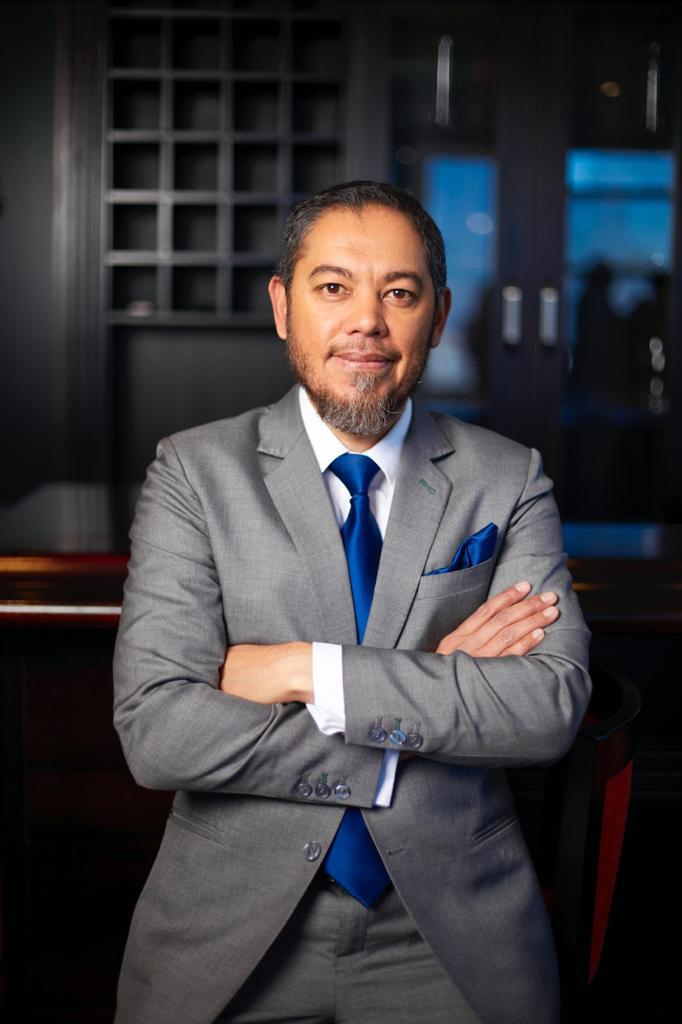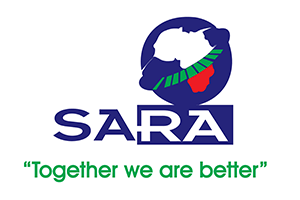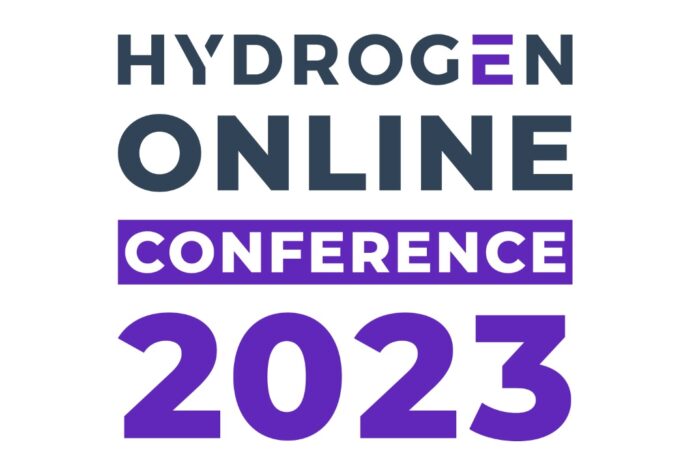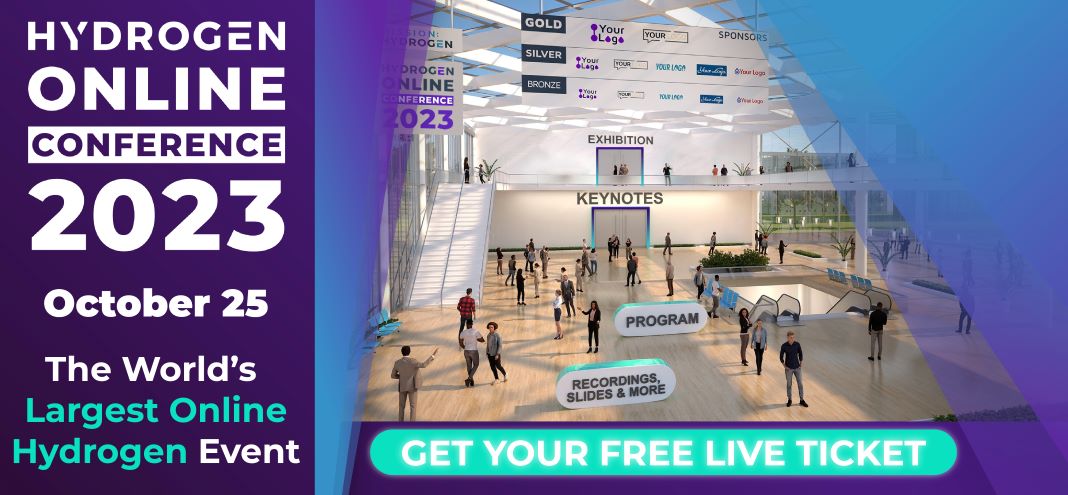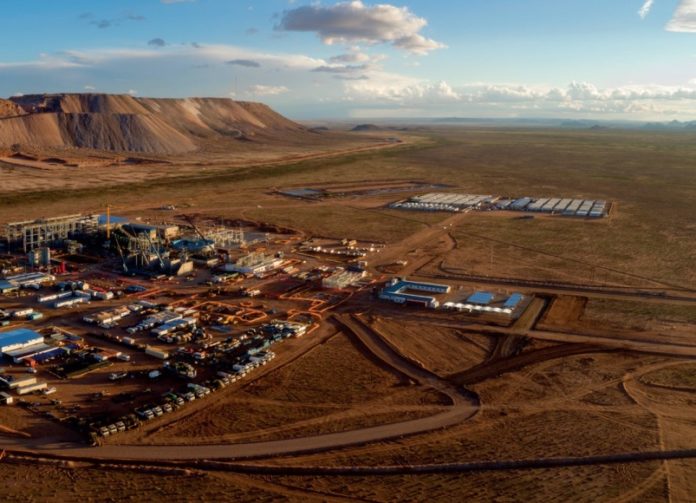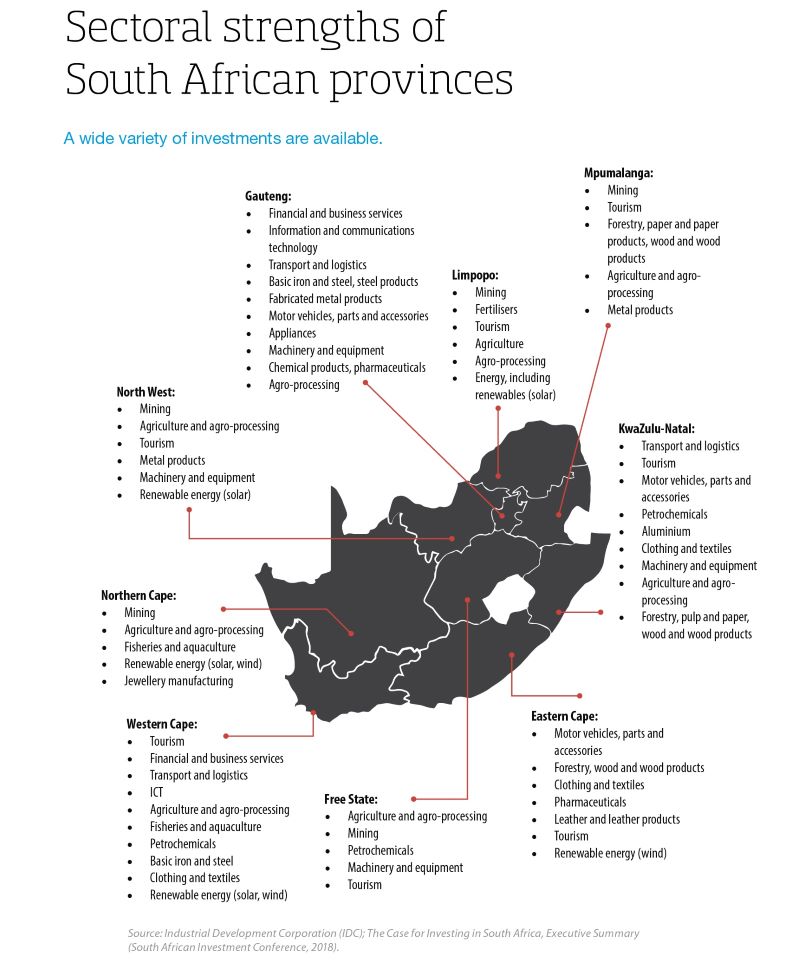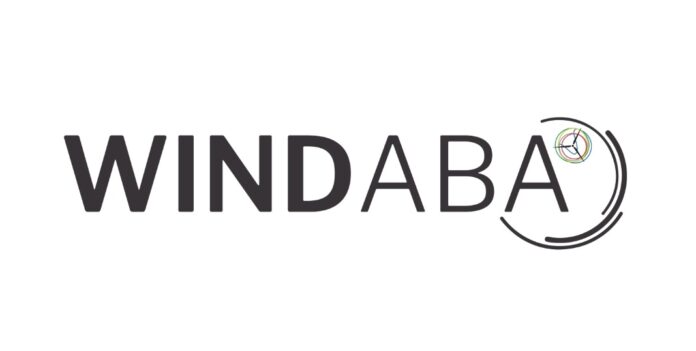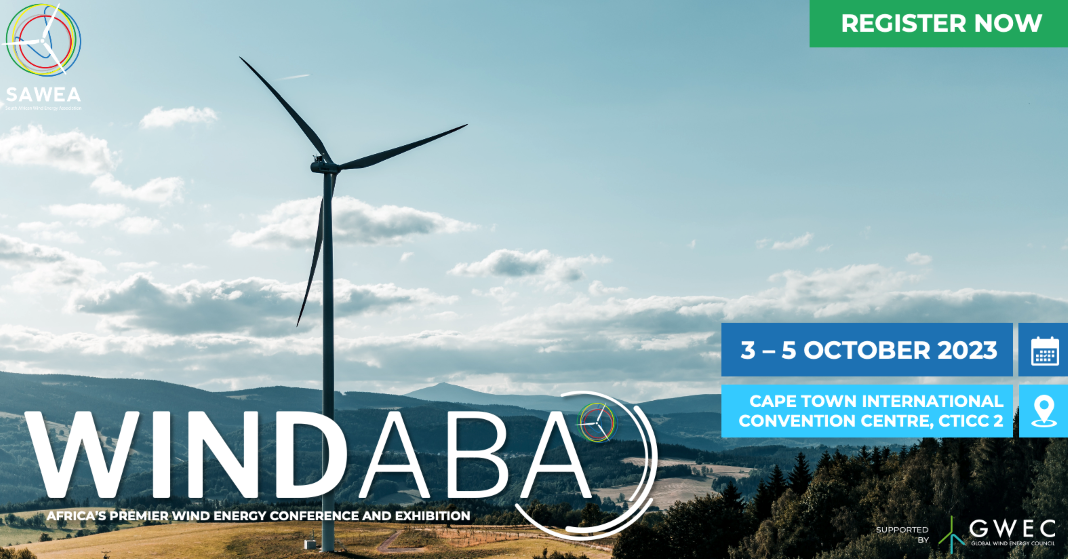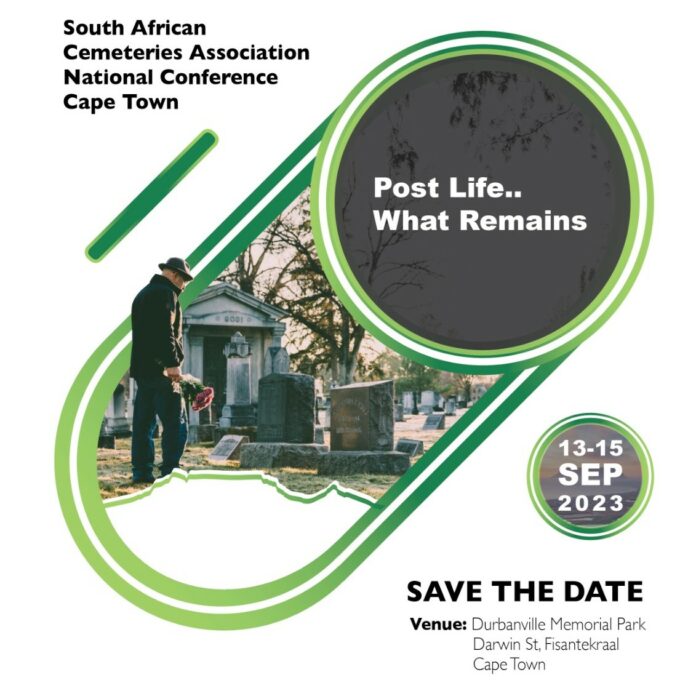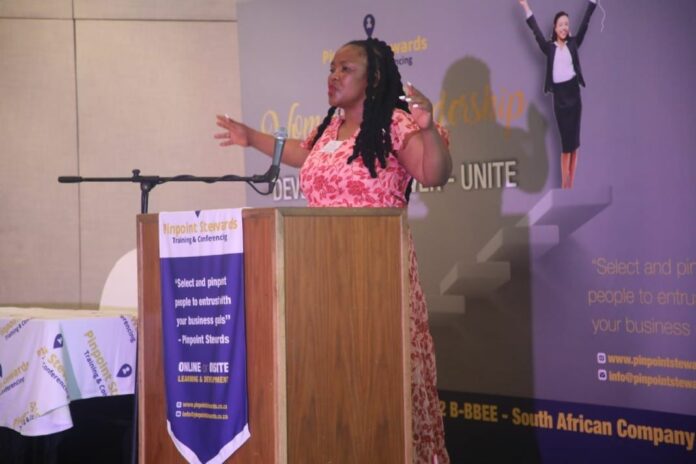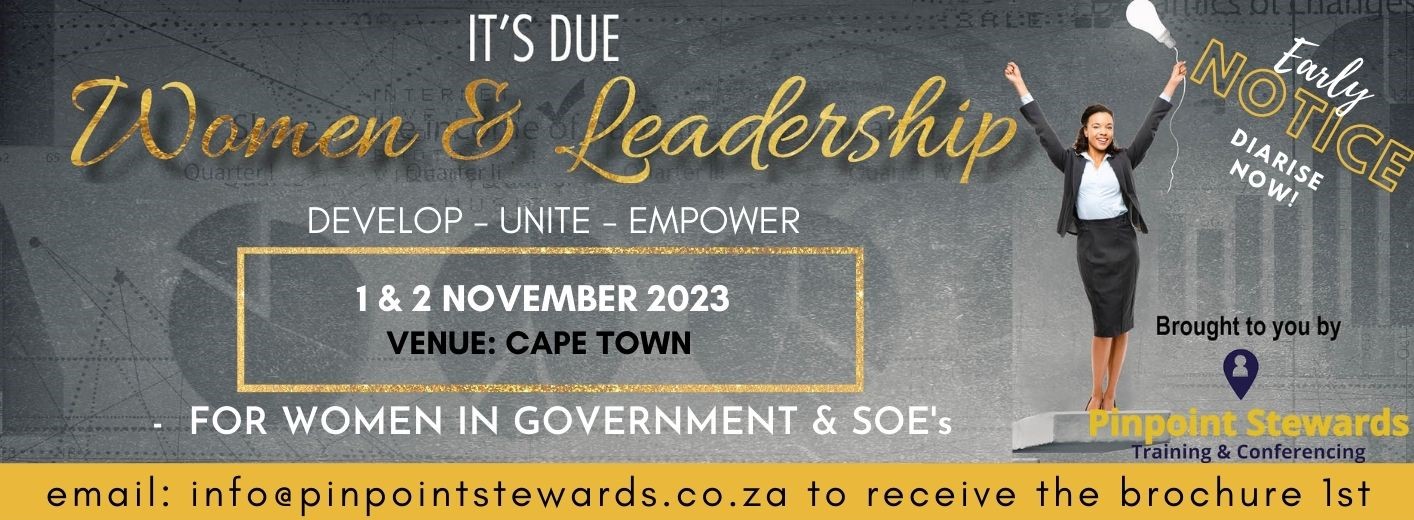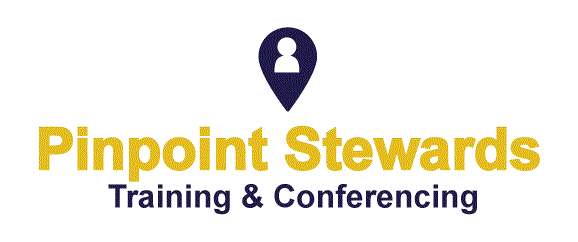The South African Chamber of Commerce and Industry (SACCI) regularly engages in contact with foreign delegations and has signed a number of Memorandums of Understanding (MOU).
This includes agreements with bodies as diverse as the EU Chamber in South Africa, the Morocco Chamber of Commerce, the South African Chinese Entrepreneurs Association, the African Chambers Alliance, the Qatar Chamber of Commerce and the Canada Council Africa.
High Level Business Forum: South Africa – Bulgaria
The President of Bulgaria, His Excellency Rumen Radev visited South Africa for the first time on 12-13 May 2023. A major event during the President’s visit was the bilateral Business Forum, which took place on 12 May 2023.
The anticipated outcome of the Business-to-Business Matchmaking session and Business Forum is to increase trade and investment between South Africa and Bulgaria, strengthening the partnership for increased levels of investment and trade.
The Bulgarian business delegation was led by Mr Hristo Aleksiev, Deputy Prime Minister and Minister of Transport. The host was the Department of Trade, Industry and Competition (dtic).
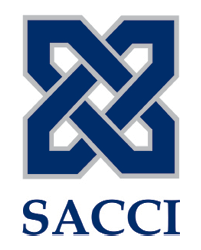 The CEOs of 30 of the most innovative, investment- and trade-oriented Bulgarian companies were present at the event to meet their counterparts and discuss possible future collaborations. These companies are in key sectors of the modern economy such as ICT and fintech, renewable energy, defence, agriculture and food processing, pharmaceuticals, future-oriented transport means and logistics.
The CEOs of 30 of the most innovative, investment- and trade-oriented Bulgarian companies were present at the event to meet their counterparts and discuss possible future collaborations. These companies are in key sectors of the modern economy such as ICT and fintech, renewable energy, defence, agriculture and food processing, pharmaceuticals, future-oriented transport means and logistics.
Some of the Bulgarian companies are already represented in South Africa and on the African continent at large, while others are open to new joint ventures. The Bulgarian CEOs were keen to establish mutually-beneficial business partnerships in the B2B sessions, which followed after the official opening.
A Memorandum of Understanding was signed between SACCI and the Bulgarian Chamber of Commerce and Industry (BCCI).
The purpose of the MOU is to:
- take the initiative to exchange market and economic information and to disseminate to the businessmen of both sides information on services and partnership possibilities that may be available from either or both entities
- provide sectoral assistance to the representatives of the other party in all matters of this MOU
- notify each other of and assist each other in events promoting the products of their business communities and to extend joint ventures in the two business bases of the contracting parties
- organise meetings and seminars and assist with trade missions
- to inform about investment, joint-ventures and advantageous trade opportunities
High Level Business Forum: South Africa – Colombia
The Embassy of the Republic of Colombia in South Africa had the honour of hosting Her Excellency Ms Francia Elena Márquez Mina, Vice-President of Republic of Colombia, on 12 -14 May 2023, in an event aimed at strengthening Colombia-Africa relations at the bilateral, trade, cultural and multilateral levels.
This historic visit marked a milestone in Colombia- South Africa relations and the Colombia – Africa relations, as it constituted the beginning of the implementation of the “Africa Strategy 2022-2026” led by the Vice-President and the Ministry of Foreign Affairs of Colombia.
The Embassy particularly welcomed the support and presence of the South African Chamber of Commerce and Industry in the Business Forum Colombia- South Africa held at the Sandton Convention Centre of Johannesburg, pictured.
The event was co-hosted by the Embassy of Colombia in South Africa, the Bogotá Chamber of Commerce (CCB) and SACCI, in partnership with the Pan-African Council, Trade & Investment KwaZulu-Natal (TIKZN) and the Randburg Chamber of Commerce and Industry (RCCI).
The Embassy welcomed the signing of the Memorandum of Understanding between SACCI and CCB and noted that it looked forward to the start of a strong relationship for the growth and prosperity of both countries’ business sectors. SACCI and the BCC have the common goal of focusing on activities to foster the expansion of trade and investments between SACCI and the territory under the jurisdiction of the CCB, the Bogotá region.



